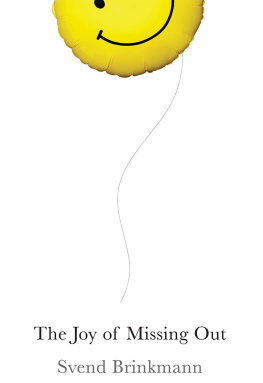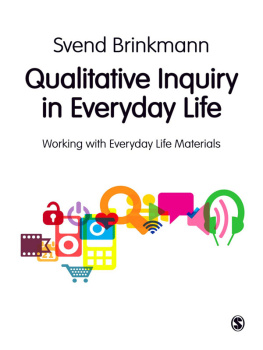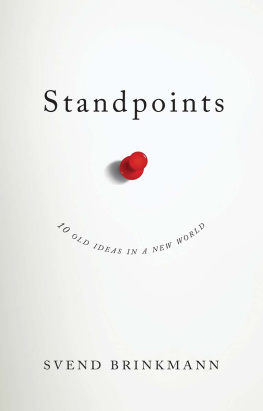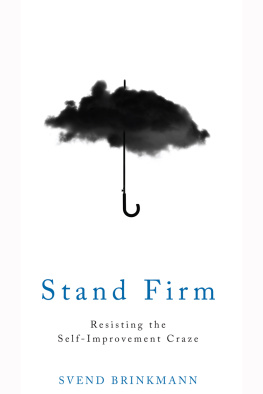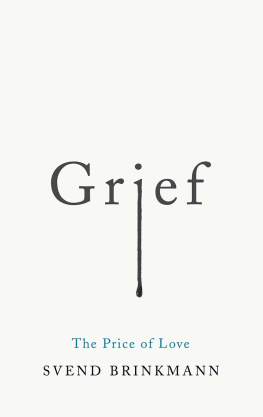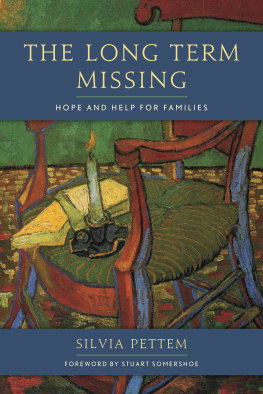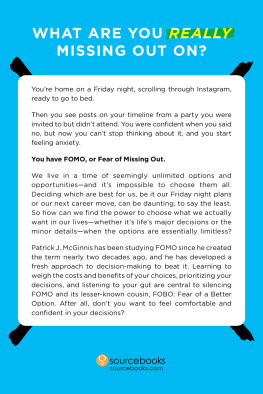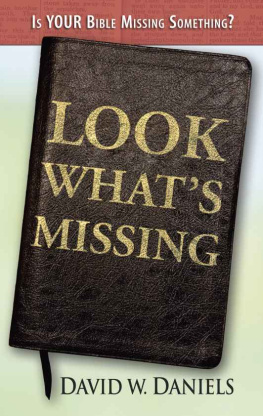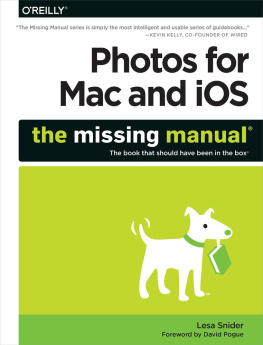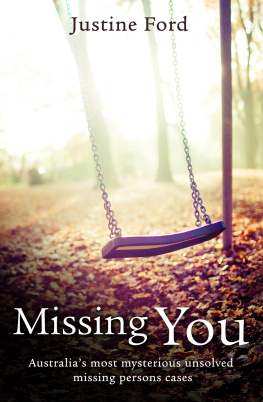Contents
Guide
Pages
Praise for STAND FIRM and STANDPOINTS
An exhilarating broadside against the intense modern pressure to do more, be more, to become happier and more productive, and to find yourself. In championing Stoicism over the relentless and exhausting wild-goose chase of self-help, Svend Brinkmann though he might not like the fact has written a book that truly helps.
Oliver Burkeman, columnist,The Guardian
A bracing and defiant manifesto.
The Sydney Morning Herald
This wonderfully funny and intelligent book not only exposes the foolishness of the self-help cult, but also offers a concrete and appealing alternative, reminding us that philosophy is as relevant for living our lives today as it has ever been.
Carl Cederstrm, Stockholm Business School
Every once in a while a book comes along that is both ironic and serious, both funny and challenging, both timely and wise. Stand Firm, with its seven steps toward living against our accelerated culture of self-realisation, is such a book. It should be on the bookshelf of every person concerned with the state of the world or with the state of themselves.
Todd May, Clemson University
Stand Firm is a brilliant, funny, liberating and significant critique of the dominant and individualising hamster-wheel culture that we live in Brinkmanns book is for the people, for all of us.
Politiken
A satirical, but also very deep alternative to the current compulsion for self-development.
Berlingske Tidende
Refreshing and timely.
Standpoint
In this crisply written, page-turner of a book, Svend Brinkmann courageously demonstrates how we can stand firm against the tsunami of societal mandates for self-improvement, with their reality-defying instructions for achieving happy, healthy, wealthy lives. Easy and fun to read, Standpoints breathes new life into the old philosophers who have something new and important to tell us yet.
Barbara S. Held, Bowdoin College
A short, clever and witty book which gradually and powerfully builds a forensic critique of the self-obsessions of modern culture. Provocative and highly enjoyable.
Matthew Taylor, The Royal Society of Arts
THE JOY OF MISSING OUT
The Art of Self-Restraint in an Age of Excess
Svend Brinkmann
polity
First published in Danish as G glip Gyldendal, 2017
This English edition Polity Press, 2019
Polity Press
65 Bridge Street
Cambridge CB2 1UR, UKw
Polity Press
101 Station Landing
Suite 300
Medford, MA 02155, USA
All rights reserved. Except for the quotation of short passages for the purpose of criticism and review, no part of this publication may be reproduced, stored in a retrieval system or transmitted, in any form or by any means, electronic, mechanical, photocopying, recording or otherwise, without the prior permission of the publisher.
ISBN-13: 978-1-5095-3159-2
A catalogue record for this book is available from the British Library.
Library of Congress Cataloging-in-Publication Data
Names: Brinkmann, Svend, author.
Title: The joy of missing out : the art of self-restraint in an age of excess / Svend Brinkmann.
Description: Cambridge, UK ; Medford, MA : Polity Press, [2019] | Includes bibliographical references and index.
Identifiers: LCCN 2018032456 (print) | LCCN 2018035333 (ebook) | ISBN 9781509531592 (Epub) | ISBN 9781509531561 (hardback) | ISBN 9781509531578 (pbk.)
Subjects: LCSH: Moderation. | Self-control. | Consumption (Economics)--Social aspects. | Excess (Philosophy)
Classification: LCC BJ1533.M7 (ebook) | LCC BJ1533.M7 B75 2019 (print) | DDC 179/.9--dc23
LC record available at https://lccn.loc.gov/2018032456
The publisher has used its best endeavours to ensure that the URLs for external websites referred to in this book are correct and active at the time of going to press. However, the publisher has no responsibility for the websites and can make no guarantee that a site will remain live or that the content is or will remain appropriate.
Every effort has been made to trace all copyright holders, but if any have been overlooked the publisher will be pleased to include any necessary credits in any subsequent reprint or edition.
For further information on Polity, visit our website: politybooks.com
Aus Migkeit entspringt ein reines Glck.
(True happiness springs from moderation.)
Johann Wolfgang von Goethe,
The Natural Daughter, 1803
Preface
This book is all about the art of self-restraint and the value of missing out. In it, I argue that, on a collective level, it is absolutely imperative for all nations, but especially the richest ones, to master this art if we are to make a better job of addressing the crises of the present and of the future. I also contend that, on a personal level, it is valuable per se for individuals to learn the art of making do rather than wanting everything, here and now. The book makes a virtue out of necessity, mounting a passionate defence of what some might consider old-fashioned thinking about how we live our lives. It also has more of a political dimension than its predecessors, Stand Firm and Standpoints, even though it still focuses on the basic ethical and existential themes with which people appear to be increasingly preoccupied these days. While Stand Firm criticised the self-development mania, Standpoints sought to identify the basic ethical values upon which it is worth standing firm. In The Joy of Missing Out, I discuss ways of living our lives that would make it possible for society as a whole to focus on these values. As such, it works well with its predecessors. To stand firm on one thing, you must necessarily miss out on another. We may not find that easy, but it is nevertheless an existential, ethical and psychological necessity.
As well as a huge thanks to Anne Weinkouff, I would like to thank Anders Petersen, Lene Tanggaard, Ester Holte Kofod, Thomas Aastrup Rmer and Thomas Szulevicz, all of whom have given so generously of their time, reading the manuscript and making valuable comments that informed the final version. I would also like to thank Tam McTurk for his, as ever, excellent translation into English, and finally the whole team at Polity for helping to bring my work to an international audience.
Introduction: Having It All
Because youre worth it, proclaims the classic cosmetics ad. Just do it! implores the world-famous sporting goods company. At every turn, we are spurred on to experience as much as possible, for as long as possible, in as many contexts as possible. Thankfully, we are under no compulsion to actually comply, but there is no doubt that these slogans reflect a culture that has long cultivated the idea of as much as possible, as quickly as possible. And why not? Why hold back when we have the choice? For reasons of time and money? On the cusp of the 1990s, the rock group Queen sang I want it all, and I want it now, a eulogy to wanting more that has served as a leitmotif in modern culture ever since.
Life is short tragically so, in Freddie Mercurys case so we have to see, do and experience as much as possible now, before it is too late. No compromise! Or so many people think. Having it all has become an ideal, and we must all rush around seizing the day. Carpe diem is one of the most common tattoos, and the acronym YOLO (You Only Live Once) is in widespread (mis)use on social media. We tell each other that it is preferable to do something we might regret than to regret not doing it. Missing out on something is the worst-case scenario. We live with

